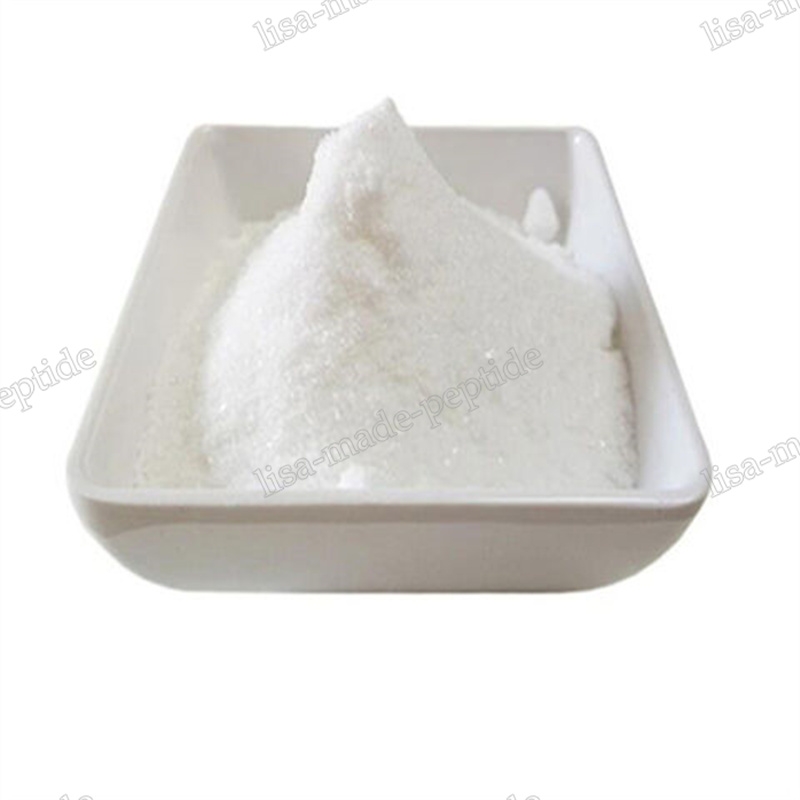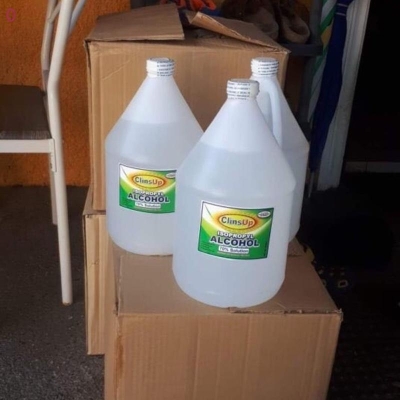-
Categories
-
Pharmaceutical Intermediates
-
Active Pharmaceutical Ingredients
-
Food Additives
- Industrial Coatings
- Agrochemicals
- Dyes and Pigments
- Surfactant
- Flavors and Fragrances
- Chemical Reagents
- Catalyst and Auxiliary
- Natural Products
- Inorganic Chemistry
-
Organic Chemistry
-
Biochemical Engineering
- Analytical Chemistry
-
Cosmetic Ingredient
- Water Treatment Chemical
-
Pharmaceutical Intermediates
Promotion
ECHEMI Mall
Wholesale
Weekly Price
Exhibition
News
-
Trade Service
An international research team led by Chinese researchers has overcome the worldwide problem of selective oxidation of methane, a worldwide problem in catalytic research
.
Using the newly developed catalyst, the team achieved the selective oxidation of methane to methanol and acetic acid under oxygen conditions
.
This research is of great value for the conversion and utilization of methane
.
Recently, I learned from the Institute of Precision Measurement Science and Technology Innovation of the Chinese Academy of Sciences that the research team members such as researcher Xu Jun, researcher Deng Feng, and associate researcher Qi Guodong, together with collaborators such as Professor Graham Hutchins of Cardiff University, developed a A gold (Au) supported ZSM-5 zeolite molecular sieve (Au/ZSM-5) catalyst was used to realize the selective oxidation of methane under mild conditions
.
According to Qi Guodong, methane is widely distributed in natural gas, shale gas, coalbed methane, methane hydrate, etc.
, and is the cleanest and most abundant natural carbon resource
.
Because methane reservoirs are often very remote, converting methane to transportable oxygenates at the production site is of great importance for the efficient use of methane
.
Due to the large chemical bond energy of methane, it usually requires harsh conditions of high temperature and high pressure to convert it
.
The industrial approach is to first convert methane to syngas consisting of carbon monoxide and hydrogen, and then to high value-added products
.
This process is not only very energy-intensive, but also prone to by-products such as carbon dioxide
.
How to directly catalyze the oxidation of methane into high value-added chemicals under mild conditions is a worldwide problem that has attracted much attention in the chemical industry
.
It is reported that using the Au/ZSM-5 catalyst, methane can be selectively oxidized by oxygen in the temperature range of 120 degrees Celsius to 240 degrees Celsius to generate high value-added chemicals methanol and acetic acid
.
The team conducted an in-depth study of the catalytic reaction process, elucidating the mechanism of the methane conversion reaction
.
The relevant research results have recently been published online in the international academic journal Nature Catalysis
.







